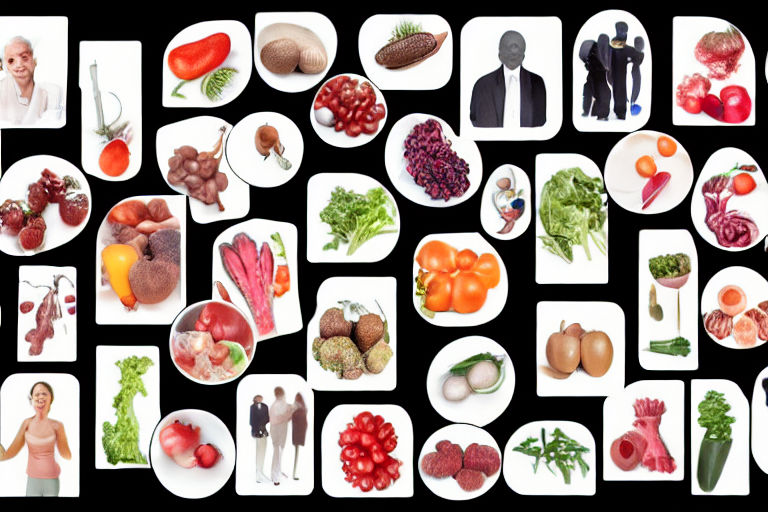Sustainable Wine Practices: Exploring Environmentally-Friendly Vineyards
Winemaking has traditionally been a very energy and resource-intensive industry. It involves using vast amounts of water, fertilisers, and energy to produce the delicious wines that we enjoy every day. However, many vineyards are now moving towards sustainable practices that not only benefit the environment but also produce higher quality wines. In this post, we will be exploring environmentally-friendly vineyards and the sustainable wine practices they adopt.
What are Sustainable Wine Practices?
Sustainable wine practices are the methods used by vineyards and wineries to reduce their impact on the environment. These practices vary from one vineyard to another but generally involve:
- Reducing water usage by implementing drip irrigation systems and utilising rainwater catchment systems.
- Reducing energy usage by utilising eco-friendly lighting, solar panels, and geothermal heating and cooling systems.
- Reducing the use of harmful chemicals and fertilisers by adopting organic or biodynamic farming techniques.
- Promoting biodiversity by planting cover crops, reducing soil erosion, and preserving natural habitats for wildlife.
- Recycling and reusing materials such as grape skins and stalks for compost, and reusing waste water for irrigation.
These practices ensure that the vineyards are sustainable and that the wines produced are of the highest quality.
Environmentally-Friendly Vineyards
1. Frog’s Leap Winery, Napa Valley
Frog’s Leap Winery is known for its organic farming practices and has been certified by the California Certified Organic Farmers (CCOF) association. They utilise solar-powered energy and have a geothermal cooling system to keep their wine cave at the perfect temperature. Additionally, they produce only 100% recycled paper materials and use only natural corks in their wines.
2. Finca Decero, Argentina
Finca Decero is a vineyard located at the foothills of the Andes Mountains in Argentina. They utilise cover crops to promote biodiversity and reduce soil erosion. They also reduce the use of chemicals and fertilisers by adopting biodynamic farming techniques. Additionally, they provide water to the local community and have a sustainable waste management system in place.
3. Chateau Maris, France
Located in the Languedoc region of France, Chateau Maris has become a leader in sustainable winemaking. They use organic and biodynamic farming practices to promote biodiversity and improve soil fertility. They also utilise solar-powered energy and a gravity-fed irrigation system that uses rainwater to irrigate the vineyards.
Benefits of Sustainable Winemaking Practices
The adoption of sustainable wine practices provides numerous benefits to the environment and the vineyards themselves. These benefits include:
- Significant reductions in water, energy and resource usage
- Improvement of soil fertility and soil structure
- Promotion of biodiversity and ecosystem health
- Reduction of pollution and carbon footprint
- Improvement of wine quality, flavour, and aroma
Conclusion
Sustainable wine practices are becoming increasingly important in the world of winemaking. Vineyards that adopt these practices not only benefit the environment but also produce wines of the highest quality. By supporting these environmentally-friendly vineyards, we can enjoy delicious wines while protecting the planet.



